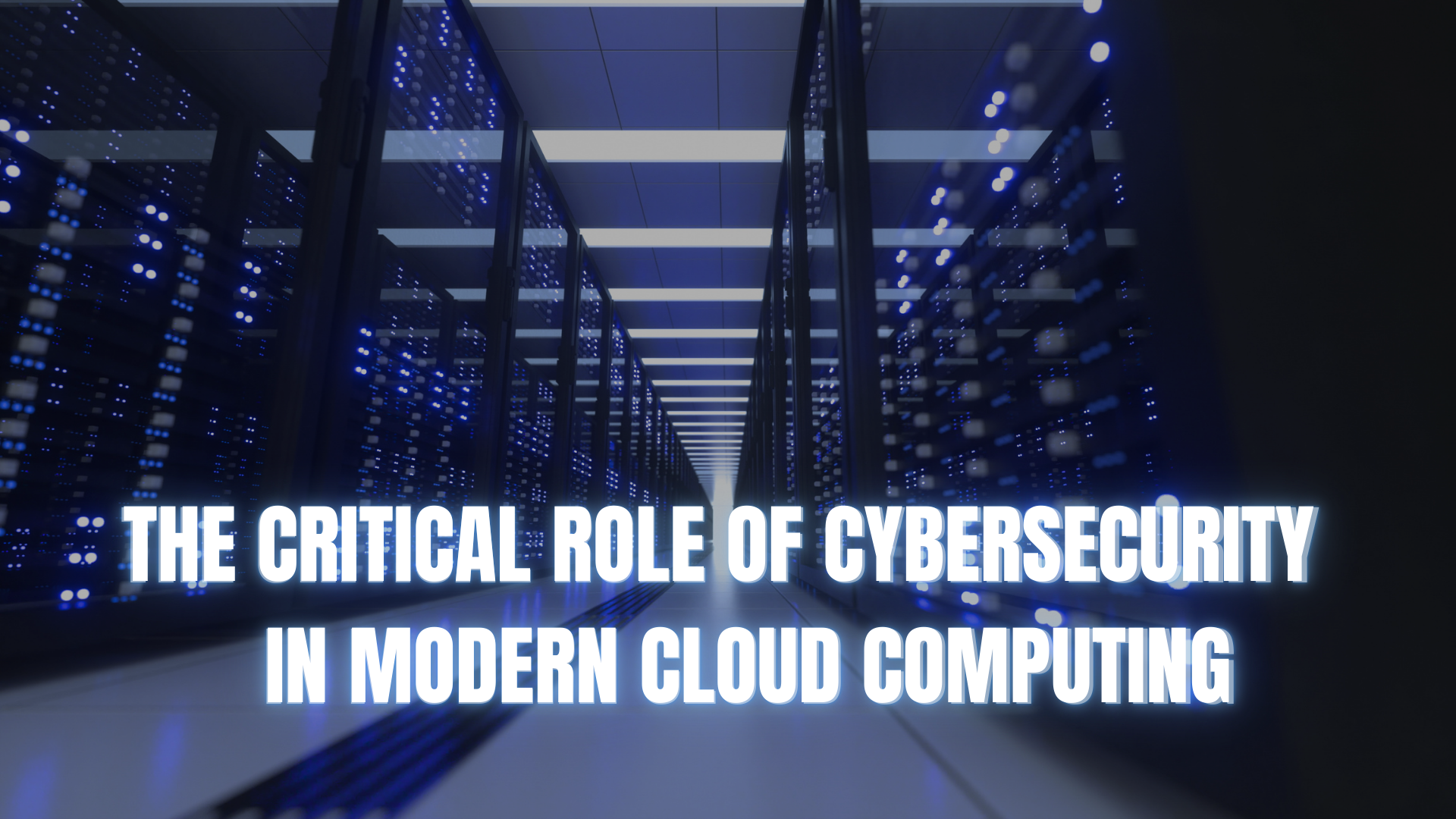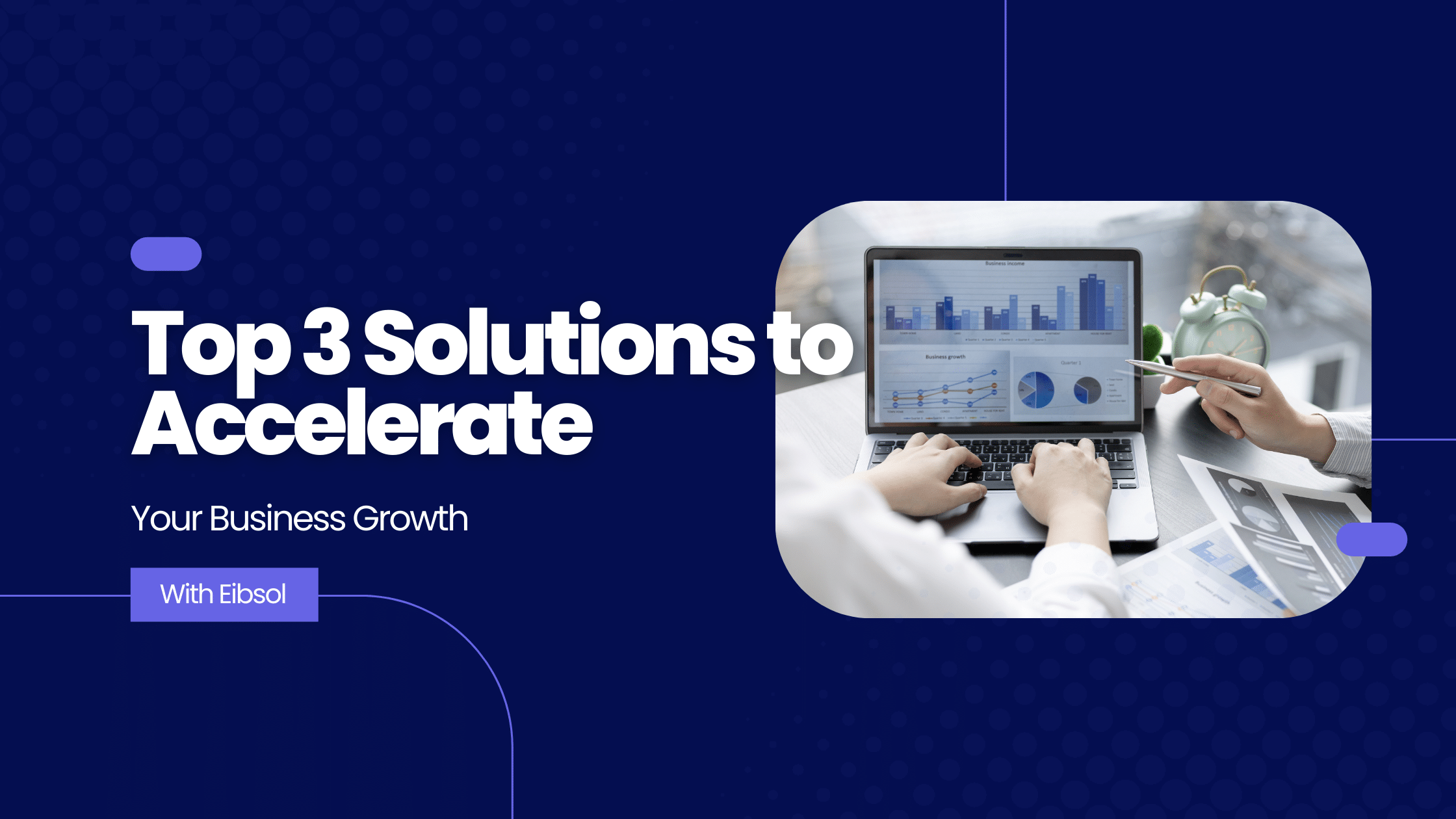Ensuring the security of these environments has become more important than ever as more and more enterprises move their activities to the cloud. Though it brings with it new security challenges, cloud computing offers unmatched flexibility, scalability, and affordability. Thus, in order to defend cloud infrastructures against constantly changing threats, cybersecurity is essential. We will discuss the vital role that cybersecurity plays in cloud computing in this blog, as well as how companies can protect their digital assets in this ever-changing environment.
Understanding the Need for Cloud Security
The ability to store, manage, and retrieve data from anywhere has completely changed how firms run. There are hazards associated with this convenience, though. Because cybercriminals are always coming up with new and inventive ways to get into cloud environments, having strong cybersecurity measures is crucial.
Protecting data, apps, and services housed in the cloud from cyberthreats, illegal access, and data breaches is known as cloud security. It includes a variety of procedures and tools made to protect cloud systems from intrusions from the inside as well as the outside.
Key Cybersecurity Challenges in Cloud Computing
Although the cloud has many advantages, it also poses certain security issues that need to be resolved.
- Data Breach: Sensitive data is often the target of hackers that target cloud systems. Significant financial losses, harm to one’s reputation, and legal consequences might result from a breach.
- Shared Responsibility Model: In cloud computing, the client and the cloud service provider (CSP) share security responsibilities. Maintaining a secure cloud environment requires an understanding of and clear definition of these obligations.
- Insider Dangers: Whether on purpose or accidentally, workers or contractors having access to cloud systems can be a serious security concern.
- Misconfigurations: Unauthorized access to data and systems might occur via improperly configured cloud settings. One of the main reasons for cloud security problems is misconfiguration.
- Compliance and Regulatory Issues: It can be difficult for organizations to guarantee that their cloud operations adhere to industry laws and standards because cloud environments are complex and changing.
Cybersecurity’s Function in Resolving Cloud Security Issues
Using effective cybersecurity techniques is crucial to reducing the hazards related to cloud computing. Here are some ways why cybersecurity is essential to protecting cloud environments:
- Data Encryption: Protecting sensitive information from unwanted access requires the encryption of data, both in transit and at rest. This is a fundamental cybersecurity technique. By using encryption, data is protected from being read without the decryption key, even in the event that it is intercepted or stolen.
- Identity and Access Management (IAM): IAM programs assist in managing cloud resource access. Strong authentication techniques, including multi-factor authentication (MFA), can help businesses lower the possibility of illegal access to their cloud environments.
- Continuous Monitoring and Threat Detection: Real-time identification and reaction to any security issues can be achieved via cybersecurity solutions that offer continuous monitoring and threat detection. By being proactive, breaches can be avoided before they cause serious harm.
- Data Loss Prevention (DLP): By tracking and regulating data flows inside the cloud, DLP solutions assist in safeguarding sensitive data. By identifying and preventing illegal data transfers, these tools help to protect sensitive data.
- Frequent Security Audits and Assessments: Organizations can find vulnerabilities in their cloud environments by conducting regular security audits and assessments. These audits assist companies in putting in place the essential controls to lessen risks and offer insightful information about possible hazards.
- Compliance Management: Organizations can manage complicated regulatory requirements with the use of cybersecurity frameworks and solutions. Organizations may make sure that their cloud operations comply with industry standards and laws by putting compliance management systems into place.
Best Practices for Strengthening Cloud Security
To improve the security of your cloud environment, think about putting the following recommended measures into practice:
- Adopt a Zero Trust Security approach: This strategy is based on the principle that no one should be trusted by default, whether inside or outside the network. Anyone trying to access cloud resources under this strategy must pass stringent verification.
- Put Strict Access Controls in Place: Make sure that sensitive cloud data and systems are only accessible to authorized personnel. Utilize role-based access controls (RBAC) to restrict access according to the least privilege principle.
- Update and patch systems frequently:Updating cloud systems and applications with the most recent security upgrades is critical for defending against potential vulnerabilities exploited by attackers.
- Train Staff on Cloud Security: A typical reason for security lapses is human mistake. Employees can lower the risk of inadvertent data exposure or other security events by receiving regular training on cloud security best practices.
- Regularly backup your data: Frequent data backups minimize delay and disturbance by ensuring that crucial information can be promptly recovered in the case of a breach or data loss.
The Future of Cybersecurity in Cloud Computing
Robust cybersecurity measures will become increasingly important as cloud adoption continues to expand. Emerging technologies like artificial intelligence (AI) and machine learning (ML) will have a significant impact on cloud security in the future. These technologies can improve the identification of threats, automate the handling of security incidents, and offer more in-depth comprehension of possible weaknesses.
Companies need to be alert and flexible, constantly adjusting their cybersecurity plans to deal with emerging risks and difficulties in the cloud. By doing this, businesses can safeguard their digital assets, uphold client confidence, and guarantee the success of their cloud operations going forward.
Conclusion
The importance of cybersecurity in cloud computing in the current digital environment cannot be emphasized. Securing cloud environments has grown critical as businesses depend more and more on these services. Organizations may protect their cloud infrastructure, guarantee regulatory compliance, and protect sensitive data from ever-changing threats by putting strong cybersecurity measures in place.
At EIBOL Solutions, we are committed to providing high-quality digital marketing, cybersecurity, cloud ERP, and e-commerce services that are suited to your specific needs. Our knowledge in cutting-edge technologies and industry best practices keeps you ahead of the competition. Visit EIBOL Solutions to learn how our creative solutions can help you alter your business operations and achieve success. Whether you require strong cybersecurity measures, effective digital marketing techniques, or efficient cloud ERP systems, we have the resources and skills to help you succeed. Do not miss out—find out more about our services and how we can help you grow today!
FAQs on Cloud Security
- What is cloud security?
Cloud security refers to the set of practices, technologies, and policies used to protect data, applications, and services in a cloud environment from cyber threats and unauthorized access.
- Why is cybersecurity important in cloud computing?
Cybersecurity is crucial in cloud computing because it protects sensitive data, ensures compliance with regulations, and mitigates the risks associated with cyberattacks, data breaches, and other security threats.
- What are the main challenges in cloud security?
The main challenges in cloud security include data breaches, insider threats, misconfigurations, the shared responsibility model, and compliance with industry regulations.
- How can businesses improve cloud security?
Businesses can improve cloud security by implementing strong access controls, encrypting data, conducting regular security audits, adopting a Zero Trust model, and educating employees on cloud security best practices.
- What is the role of encryption in cloud security?
Encryption plays a vital role in cloud security by ensuring that data is protected both in transit and at rest. It prevents unauthorized access to sensitive information, even if the data is intercepted or stolen.



